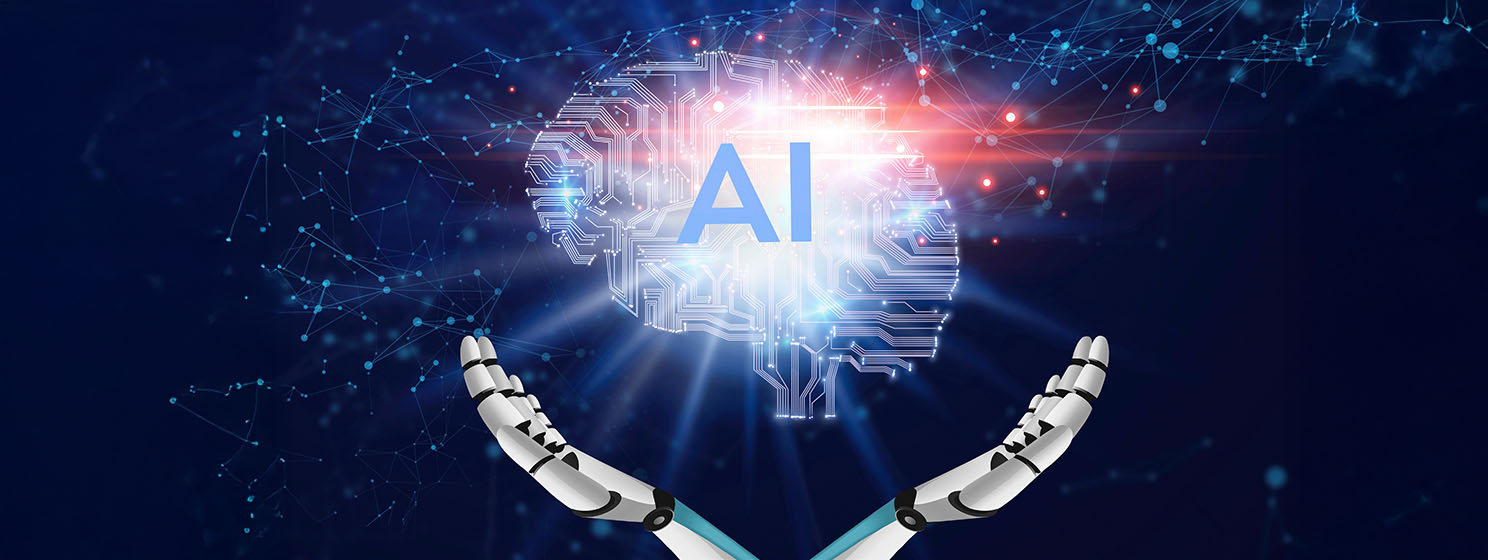|
Getting your Trinity Audio player ready...
|
A group of Chinese researchers has unveiled a solution to detect real nuclear warheads from decoys to streamline processes for global arms verification.
According to a report, the solution leverages artificial intelligence (AI) to inspect nuclear warheads, distinguishing real nukes from replicas. Dubbed the “Verification Technical Scheme for Deep Learning Algorithm Based on Interactive Zero Knowledge Protocol,” the AI-based solution has recorded many successes in early tests.
The AI-powered system can identify nukes without accessing classified military data in the warheads. Researchers achieved this by creating a 400-hole polythene wall between the AI-based inspector and the nuclear warhead to scramble neutron signals, but still allowing radiation signals to pass through.
Furthermore, the system employed cryptography and nuclear physics combined with Monte Carlo simulations for training. The Chinese researchers trained the model on millions of nuclear warhead components with a cross-section containing a mix of radioactive materials.
The researchers noted that the AI system showed promise in spotting chain reaction capability, a clear indicator of nuclear capability.
“In nuclear warhead component verification for arms control, it is critical to ensure that sensitive weapon design information is not acquired by inspectors while maintaining verification effectiveness,” said the research team.
The team identified a raft of challenges militating against the design in their research paper. Firstly, training the AI using real nuclear warheads proved to be a major hassle.
Secondly, the researchers faced the challenge of convincing top Chinese military officials that the AI model would not leak classified technology secrets. The researchers say that convincing the U.S. to ditch outdated nuclear verification methods is also proving to be an issue.
AI is playing an increasing role in global militaries
Global armed forces increasingly turn to emerging technologies to enhance their national defense capabilities. Turkey has unveiled an AI-powered tool for classifying terrorism activities, while the Japanese military has confirmed a seven-step plan for full AI integration into its processes.
Despite the frenzied approach, several partnerships are emerging for responsible AI use in militaries. The U.S. and Nigeria have struck a bilateral agreement for safe military use cases for AI, while China and Russia have entered a similar collaboration with international best practices at the core.
China targets an AI application cooperation center in partnership with SCO nations
As China’s local AI grows, the Asian superpower has its eyes on improving the pace of digitization of its neighbors.
China is eyeing the launch of an AI application cooperation center with the Shanghai Cooperation Organization (SCO). The SCO, founded in 2001, comprises Russia, Kazakhstan, Kyrgyzstan, Tajikistan, and Uzbekistan.
China is leveraging the SCO’s founding document to push for increased levels of cooperation in emerging technologies. To achieve this, China will establish an AI cooperation center to foster regional collaboration on real-world AI applications.The center will support AI research and development among SCO nations via open-source models and cross-border information-sharing systems if established. The center will back the development of sovereign AI models while powering the development of uniform regional standards.
The report mentions an ambitious plan to place sustainability at the heart of the regional AI development efforts. Further plans are to set up personnel exchanges and cross-border regional AI training to support AI development in local ecosystems.
“Leveraging multilateral platforms like the SCO, China can help the developing countries to adopt cutting-edge technologies such as AI, contributing to a more multipolar and equitable global technology framework,” said Zhang Hong, a research fellow at the Chinese Academy of Social Sciences.
China has already taken the first step, pitching the plans to SCO member states at the 2025 China-SCO AI Cooperation Forum. Previously, China has made efforts to set up minimum global AI standards with a UN resolution garnering significant support from member states.
Among SCO member states, China has the most advanced AI ecosystem, with Chinese LLMs like DeepSeek challenging the dominance of Western counterparts. In terms of regulation, Chinese administrators have rolled out strict guidelines for AI applications in schools and other key sectors of the economy.
SCO member states will build on existing AI initiatives
SCO nations have made considerable strides with AI in their local economies. While limited in its research, Russia has partnered with China to explore safe military applications of AI technologies.
After setting up a special committee to oversee local AI development, Kazakhstan has signed an MoU with South Korea for public sector AI use. Kyrgyzstan is supercharging the Middle Corridor digitization efforts with a AI and Web3 technologies.
In order for artificial intelligence (AI) to work right within the law and thrive in the face of growing challenges, it needs to integrate an enterprise blockchain system that ensures data input quality and ownership—allowing it to keep data safe while also guaranteeing the immutability of data. Check out CoinGeek’s coverage on this emerging tech to learn more why Enterprise blockchain will be the backbone of AI.
Watch: AI is for ‘augmenting’ not replacing the workforce

 02-20-2026
02-20-2026 




